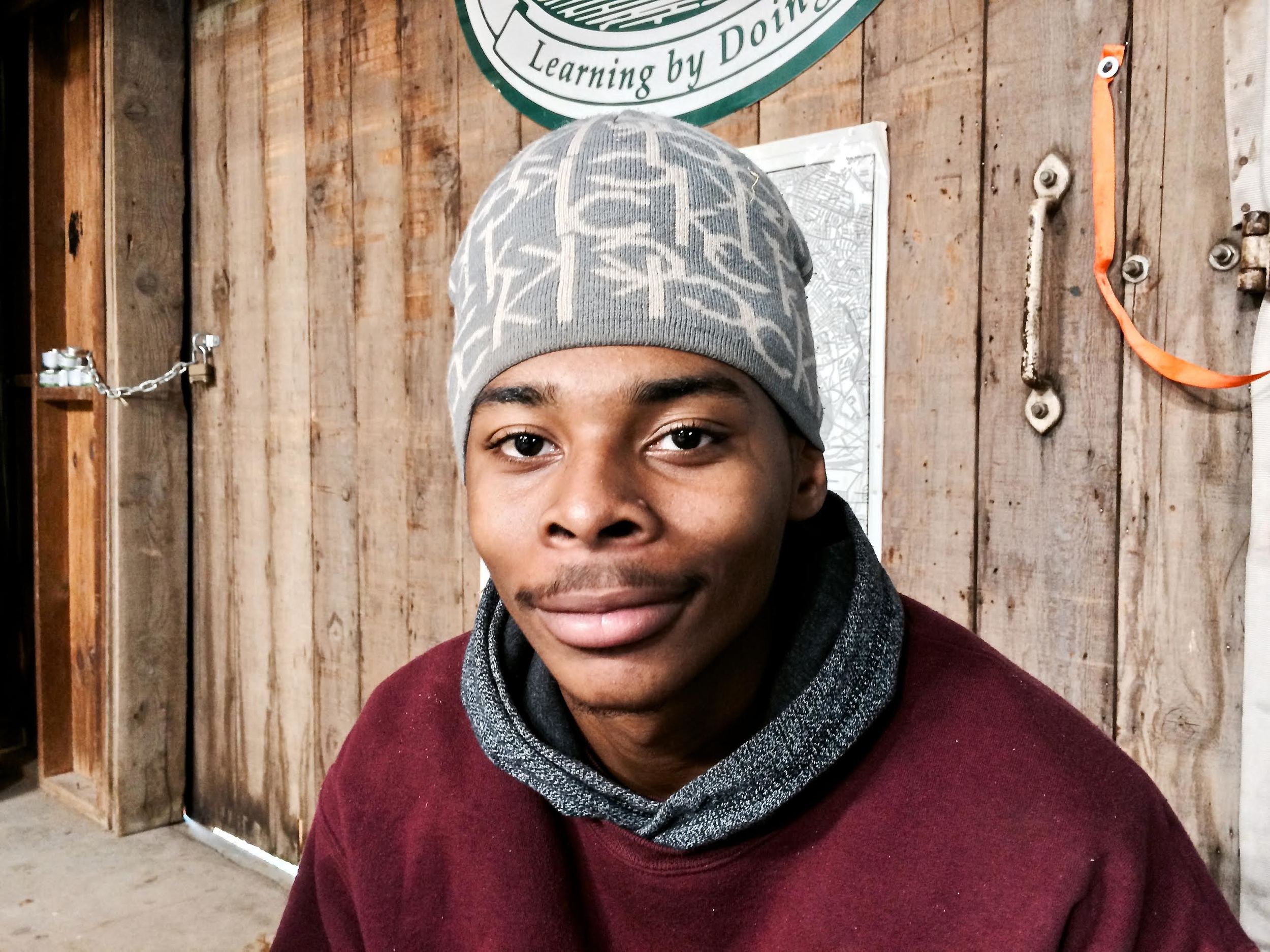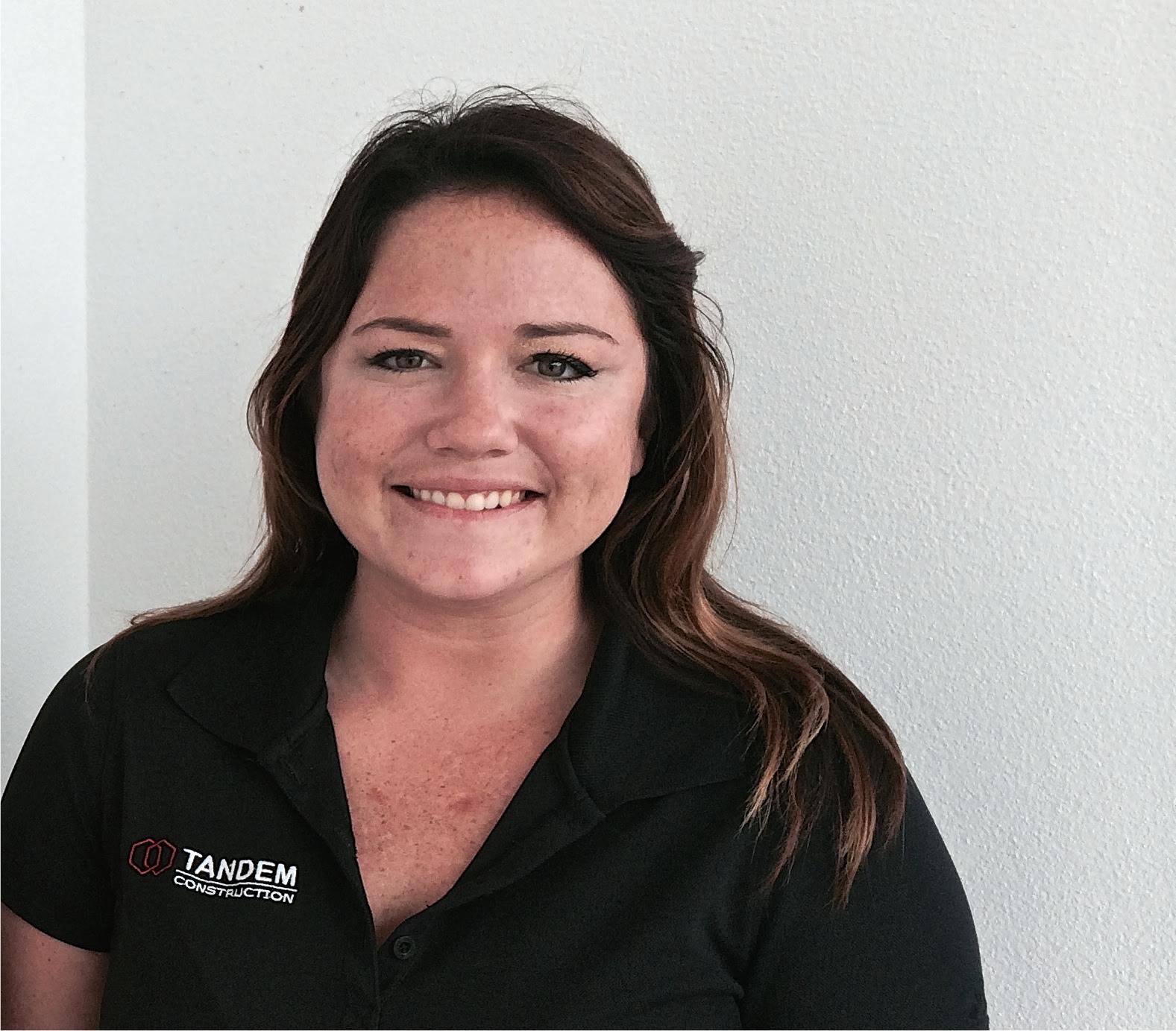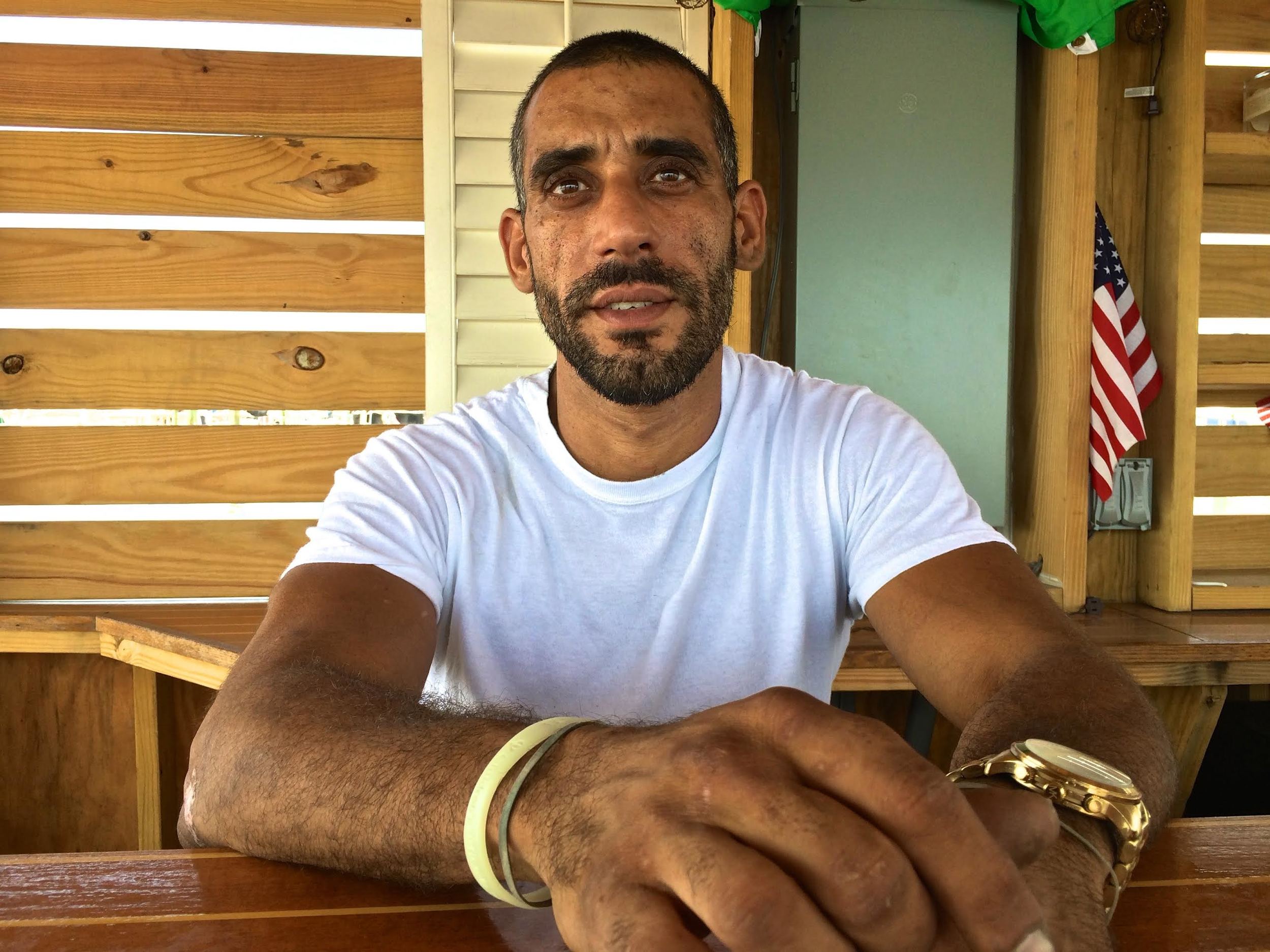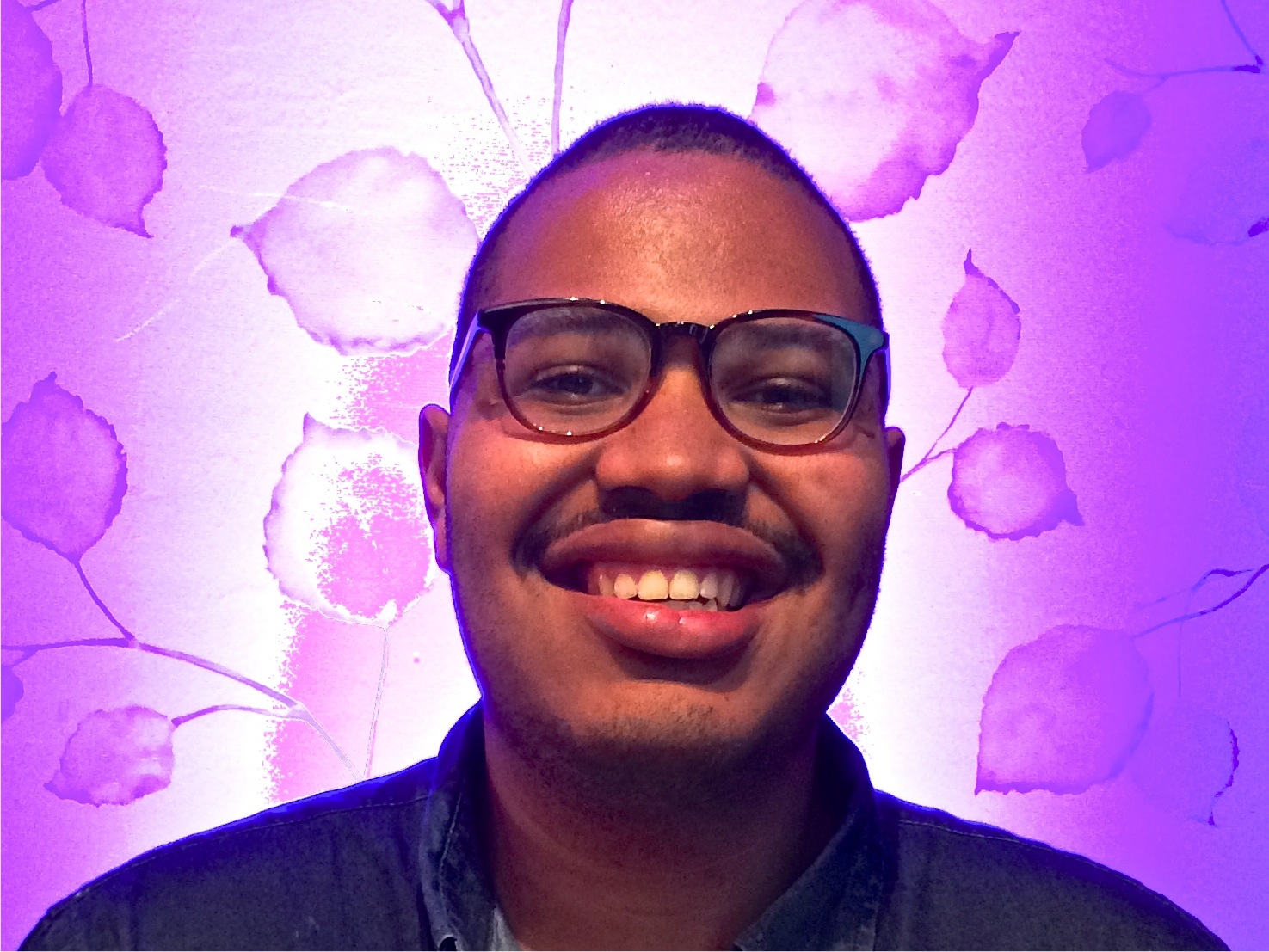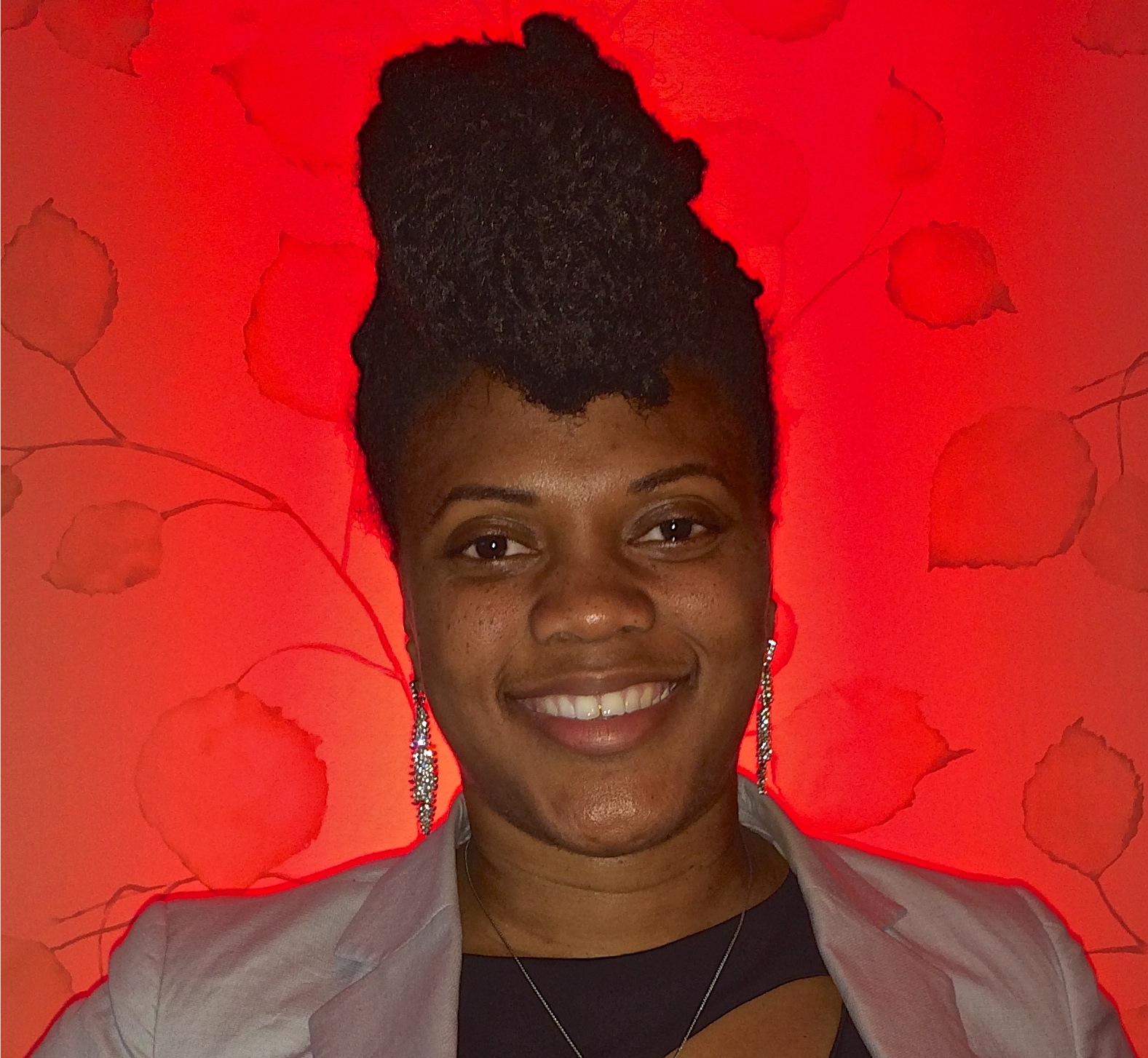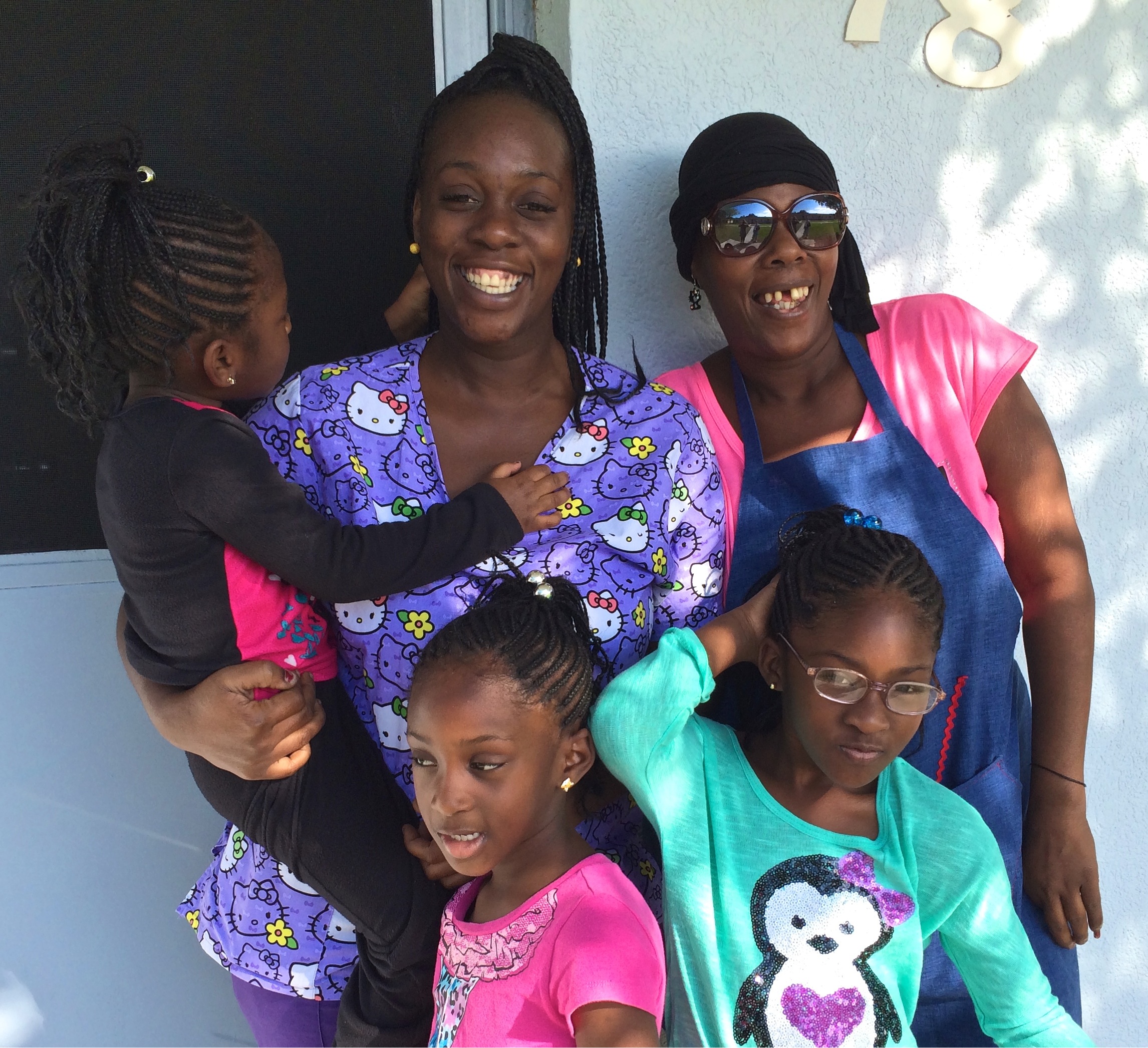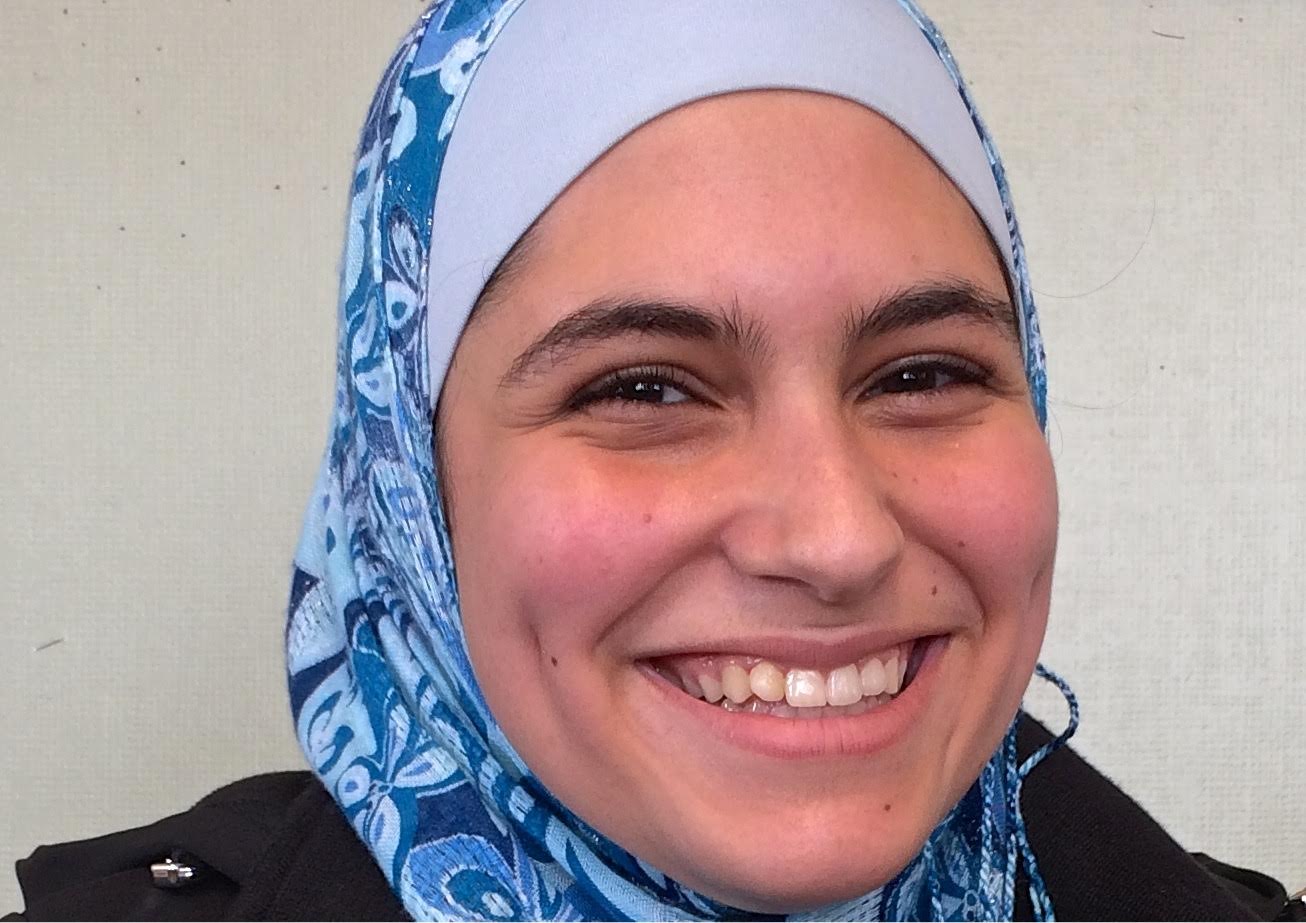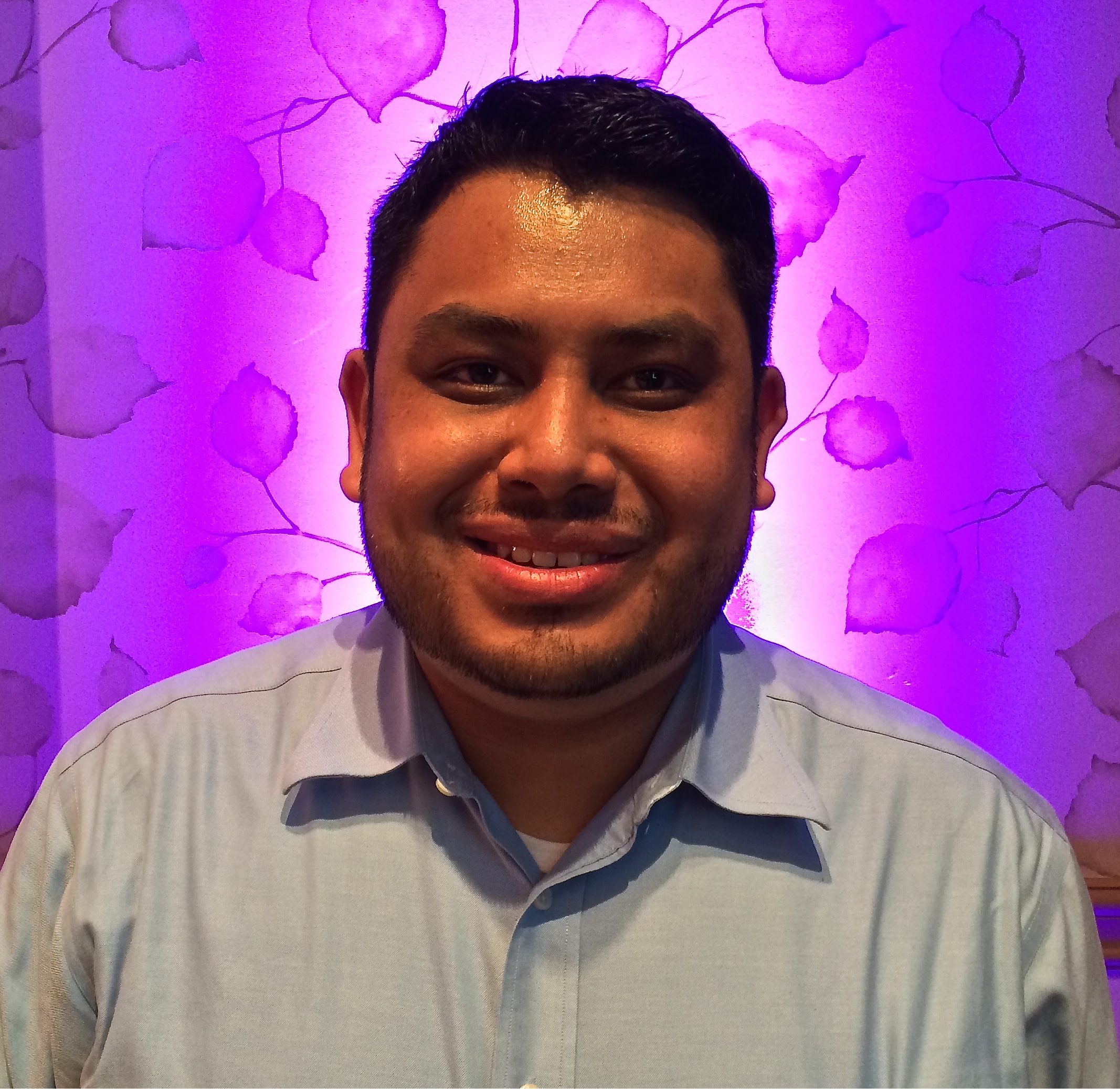DARIN MAYO, 17
EAST BALTIMORE, MARYLAND
Darin Mayo and the majority black population around him are swamped in poverty. He grew up and still lives in East Baltimore, where riots and looting broke out earlier this year. It's an area locals call “The Middle East”; there, the violent crime rate is 36 percent higher than the Baltimore city average, and a staggering 194 percent higher than the Maryland state average. "There's a lot of drugs on the street," he says, explaining his accumulation of misdemeanor charges, including public disturbance and resisting arrest. Criminal behavior is a natural progression for him; he started smoking pot at age nine, failed ninth grade twice, and left school at 15. His mother, he says, "has a disability" (a euphemism, it turns out, for a heroin addition); he met his father for the first time just four years ago.
Seeking to rehabilitate rather than incarcerate youth, Maryland courts sent Darin to Living Classrooms' Fresh Start program, where he puts in eight hour days at the professionally staffed and well-equipped wood shop, integrating the program's remedial math and reading drills into the skills he is building as an accomplished woodworker. While moving students toward their GED, the program also requires participants to take daily life skills classes with an emphasis on time management, comportment, decision-making, and team-building. Fresh Start has zero tolerance for substance abuse, disrespect, and absenteeism. There is no career certification at the end of the nine-month program; instead, the program prides itself on graduating students imbued with a can-do spirit and heightened self-esteem, along with a local job where they can gain more skills. After a full day at Fresh Start, Darin takes a series of busses to commute to his job at a big box retailer. The minimum wage pay is low, and the hours are long, he says, but "it's legit. It feels good to earn my way." He credits Fresh Start with helping him mature, and to recognize that the more he does, the more he can do. His own experience has inspired him to help others.
"When I get out of college I want to do human services... work for Catholic Charities or join the Peace Corps,” to help people right their lives. He says he’s been talking with one of the Fresh Start volunteers who he regularly consults for wisdom and career advice. Despite national studies that show inner city poor rarely leave their two block radius, Darin contends that working across the world does not seem impossibly out of reach.
Living Classrooms draws support from the U.S. Department of Labor and the National Youth Employment Coalition that together have examined the program and its data and named the program highly effective with its "continuous improvement process." Intervention and opportunities are critical if the nation is to reverse its skyrocketing incarceration rate. How to transform deficits into assets? Strengthening the economy’s weakest link requires more than small-scale or “boutique” programs, contends Jason Cohen, executive director of Baltimore’s Job Opportunities Task Force. He wants the city, the state of Maryland, and the country at large to adopt a systemic approach toward skilling up and employing youth offenders, who will otherwise most certainly become adult offenders, with far more serious consequences.


